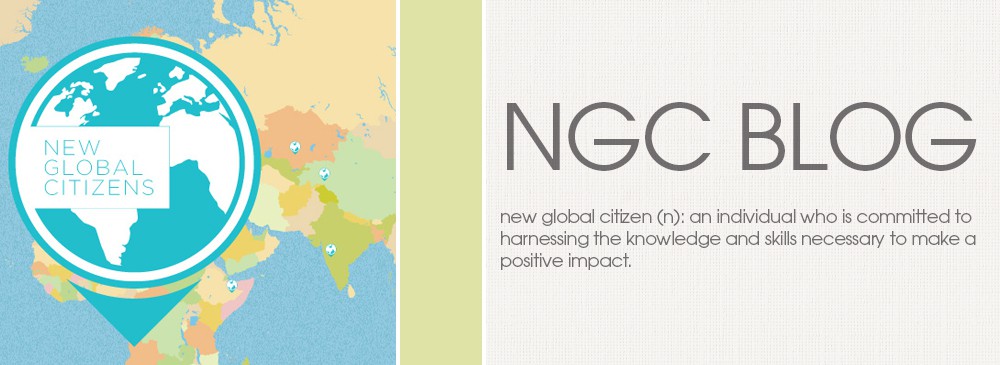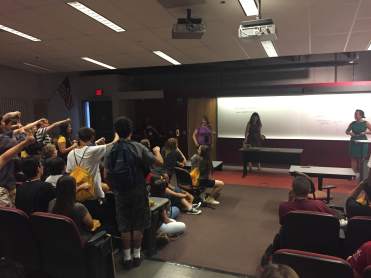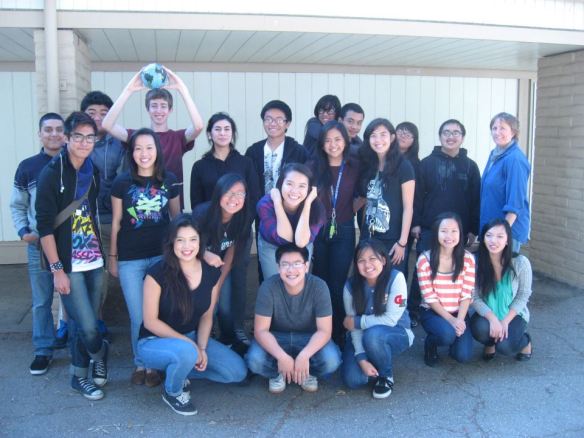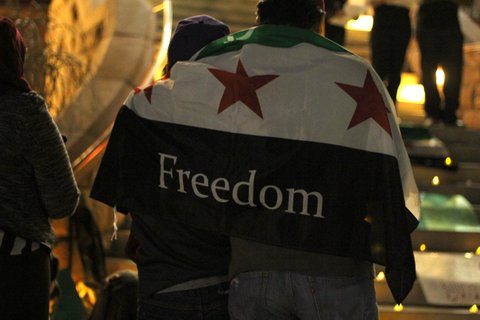New Global Citizens went to Arizona State University to meet 105 students in the Barrett Summer Scholars program. This awesome group of students was happy to participate in an activity about global wealth distribution from NGC’s Team Box called “Food Fight.”
The students were numbered and split up into 6 groups, each representing a region of the world (Asia, Africa, Europe, Latin America & Caribbean, USA & Canada, and Oceania & Australia). Each group was proportional to both the land mass and population of the region. The groups were also each given a paper bag containing a number of pieces of candy, proportional to the region’s GDP as a percentage in relation to the rest of the world. Students were instructed to look at the contents of their bag and, discuss within their own group whether they were comfortable with what they had. Once individual discussions were finished, we shifted to a larger group discussion. After everyone was able to see what every group had in their paper bags, they discussed the real world applications of this exercise.
When asked to describe how they felt after discovering the “GDP” of each region, there were mixed thoughts among the group. The USA & Canada and Europe groups said that before seeing what others had, they felt comfortable with what they had, and felt that they had more than enough. Once they saw other groups’ bags, they felt guilty. Students also discussed the effects of land mass and population. One student observed that in a region like Asia that is heavily and densely populated, overcrowding leads to pollution. And in Africa, where land area is abundant, students noted that even though there is space to grow in the region, they don’t have the technology to develop and take advantage of their resources. Many students in the discussion quickly realized how much more the U.S. and Europe have than other regions, and in doing so, increased their understanding of the world and the inequities seen in the activity. One student stated that even within the U.S., wealth distribution is extremely uneven, and that should be considered as well.
The discussion shifted to the question of what we as global citizens can and should do in the face of these inequities. One participant said that “Just giving them stuff isn’t enough; you have to teach them how to make and build things themselves.” Students discussed the importance of acting as global citizens to help alleviate global issues, and not just throw money and less developed countries as wealthy countries like the U.S. tend to do. Through further discussion, they grasped many of NGC’s foundational ideals, concluding that, as quoted by a student, “Give a man a fish and you feed him for a day. Teach a man to fish and you feed him for a lifetime.”
This post was written by NGC Intern Kirstyn Rowen.










